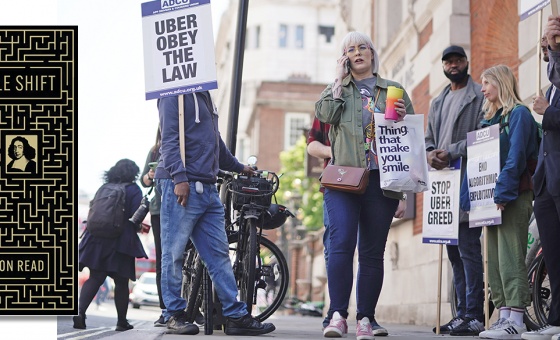This is the last article you can read this month
You can read more article this month
You can read more articles this month
Sorry your limit is up for this month
Reset on:
Please help support the Morning Star by subscribing here
NEW government plans for “Britain’s biggest nuclear power expansion in 70 years” were dismissed today as “unevidenced” hot air.
Unite and Greenpeace poured doubt over ministers’ latest “grandiose” promises of cheap energy provision amid faltering nuclear output and project delays.
The government has published a roadmap recommitting itself to building a series of nuclear reactors capable of producing 24 gigawatts — a quarter of national electricity demand — by 2050.
Approval would be given for one or two new reactors every five years from 2030 to 2044, alongside backing for another large-scale reactor in addition to Hinkley Point C and the planned Sizewell C.
Prime Minister Rishi Sunak hailed the announcement as “the next step in our commitment to nuclear power, which puts us on course to achieve net zero by 2050 in a measured and sustainable way.”
But Unite general secretary Sharon Graham said: “The government’s announcement to expand nuclear power sounds like a lot of hot air.
“We have had years of time wasting and underinvestment by ministers in this industry, which is vital to achieving energy security and net zero.
“If they now want to be taken seriously we need to see far more detail and clarity. Any plans for nuclear need to include small modular reactors as part of Britain’s balanced energy mix.
“It is also essential that we don’t just hand over government funding to private companies and hope for the best.”
French energy giant EDF said the cost of Hinkley Point C has spiralled to £33bn, a 30 per cent increase from 2015 when it forecast the cost at £25-£26bn.
Hinckley Point C’s planned successor project at Sizewell C in Suffolk, which has been planned for the past 12 years, is yet to receive a final investment decision.
Greenpeace UK chief scientist Doug Parr said: “Every few months the government makes a grandiose public announcement about future nuclear in the hope that a big investor will believe the hype and step up to fund this 20th century technology, but it isn’t working.
“The energy industry knows that the economic case for slow, expensive nuclear just doesn’t add up, and the future is renewable.
“This vague, aspirational announcement with its unevidenced claims of cheap energy is unlikely to change their minds when there are real reactors overshooting their massive construction budgets and showing them the truth.”










